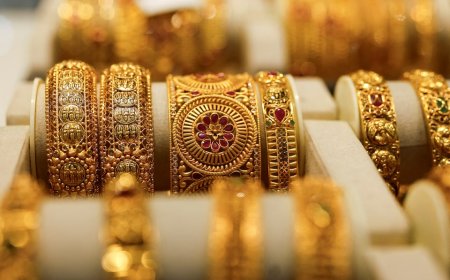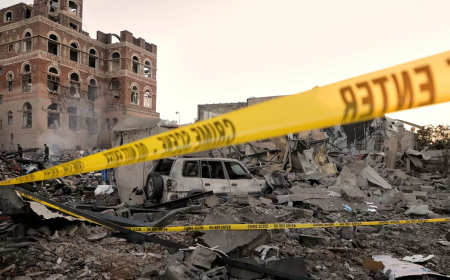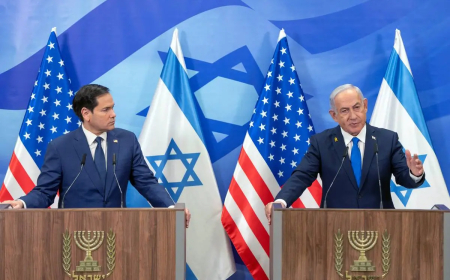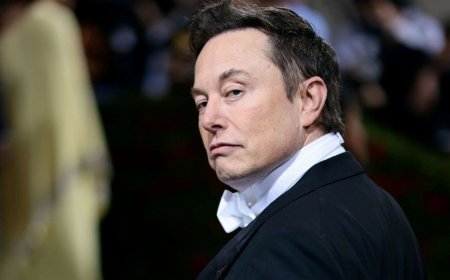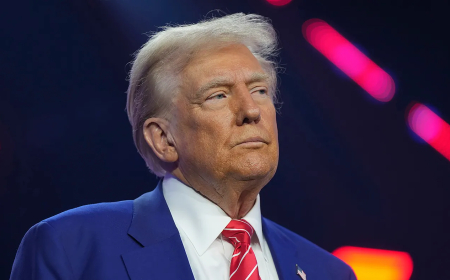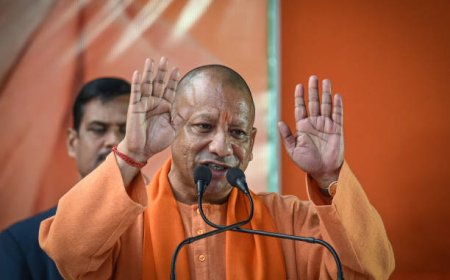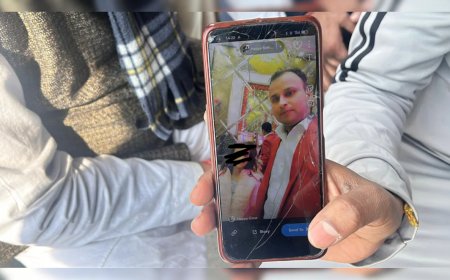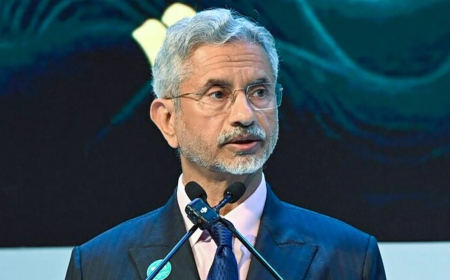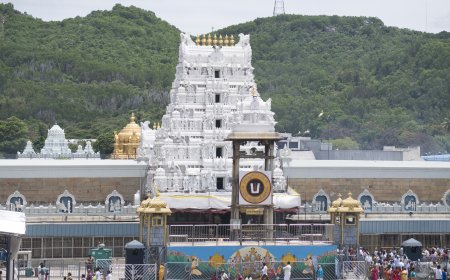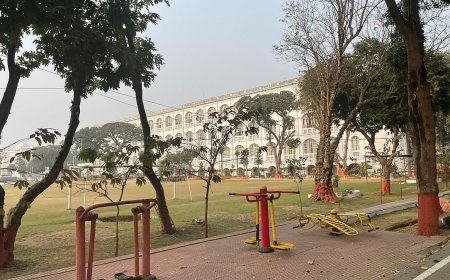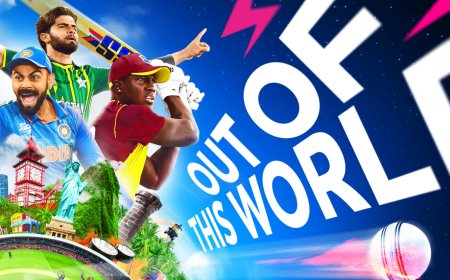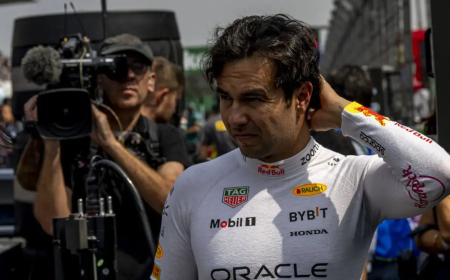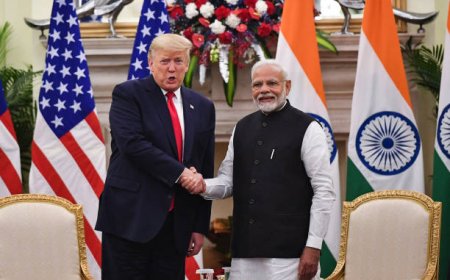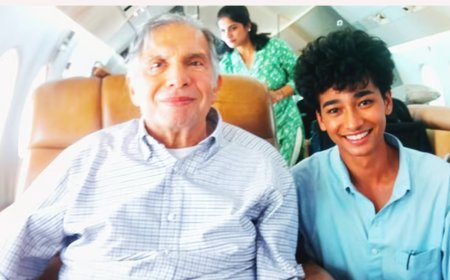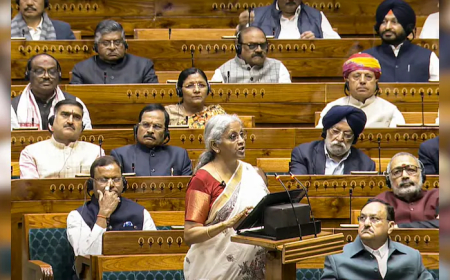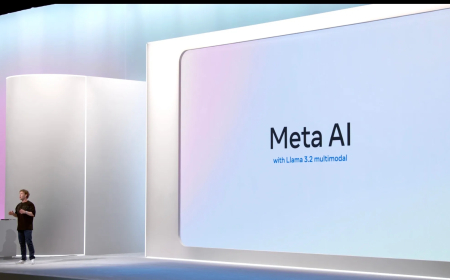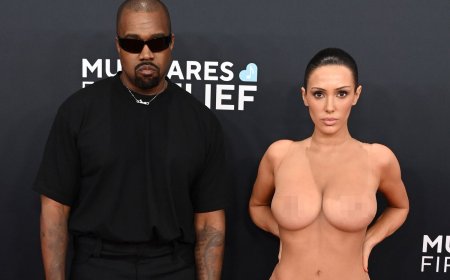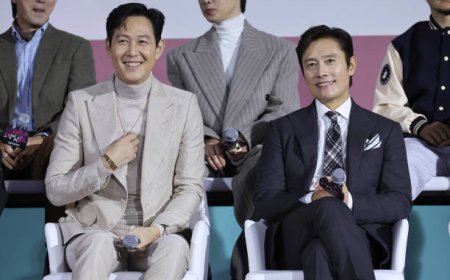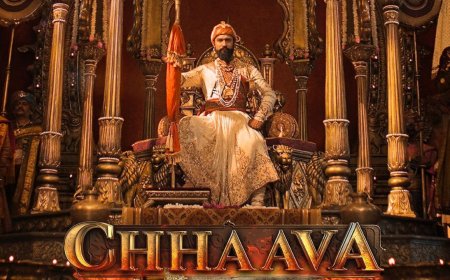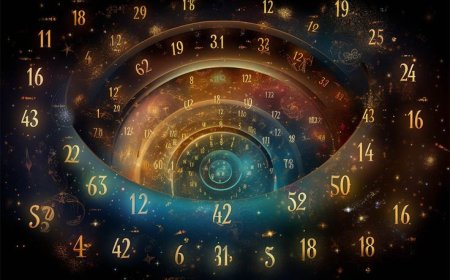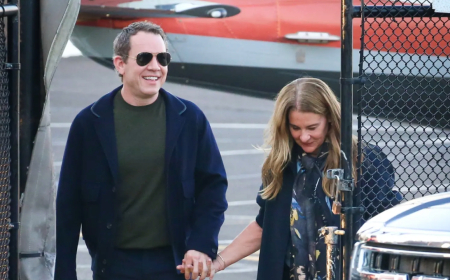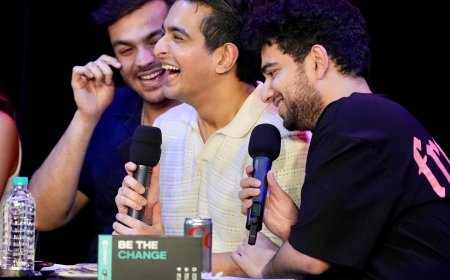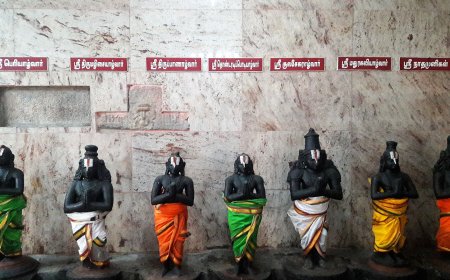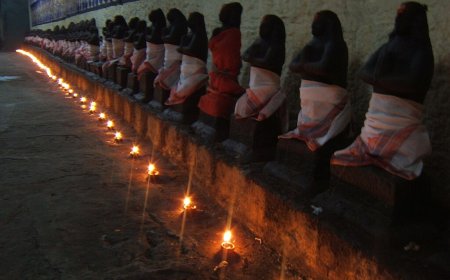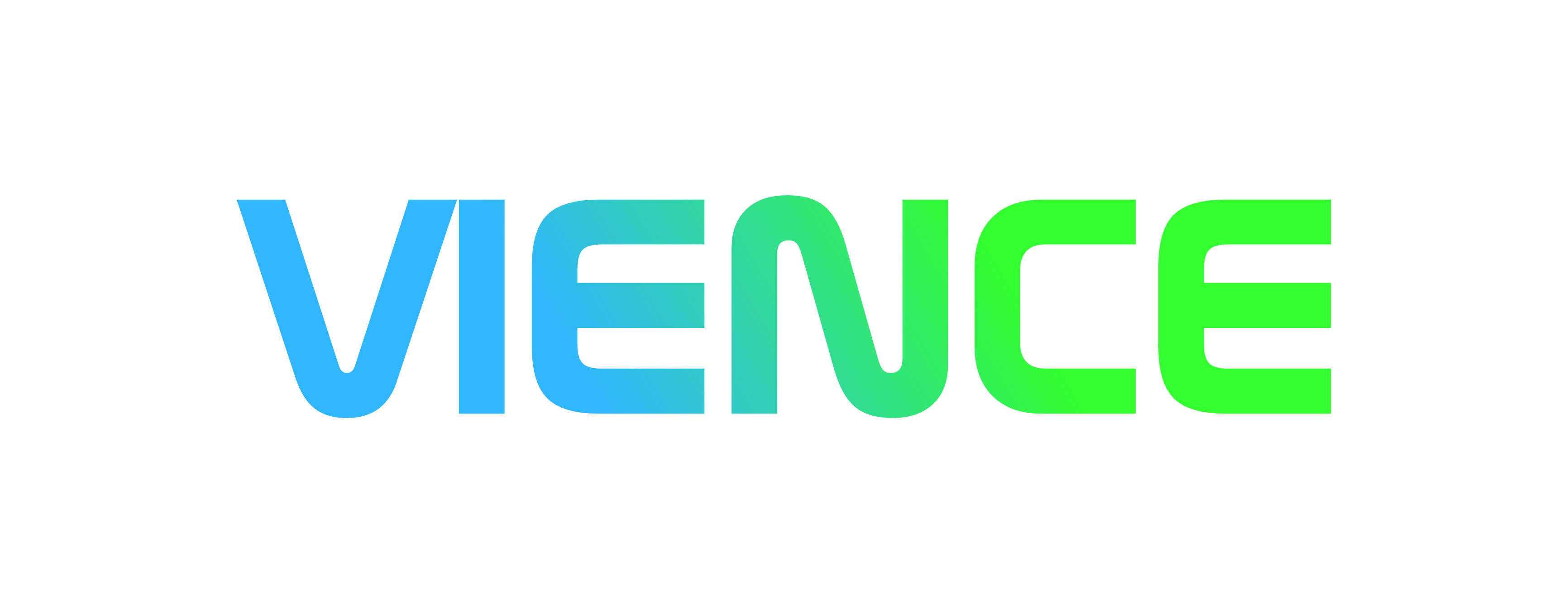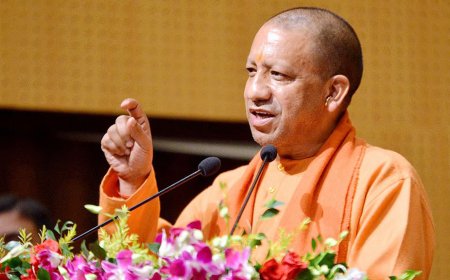Mithun Chakraborty Embroiled in Controversy: Bengal Police Slap Hate Speech Charges
Bengal Police register case agaAinst Mithun Chakraborty for alleged hate speech. | Actor's remarks spark controversy, attracting police attention
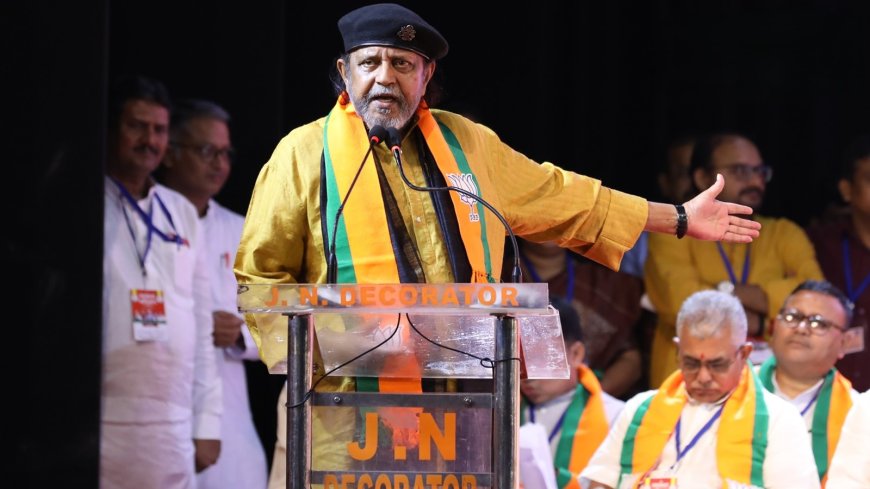
The world of Indian cinema is no stranger to controversies, and the latest to be embroiled in a heated debate is none other than the veteran actor, Mithun Chakraborty. The Bengal Police have recently booked the actor for alleged hate speech, sparking a flurry of reactions across the nation. This development not only highlights the delicate balance between free speech and incendiary rhetoric but also underscores the scrutiny celebrities face in the public eye.
Mithun Chakraborty, known for his iconic roles in films like "Disco Dancer" and "Saheb," has been a beloved figure in Indian pop culture for decades. However, it appears that his recent remarks have landed him in hot water. The specifics of the speech in question have ignited a firestorm, with many calling for accountability and others rallying in support of the actor's right to free speech. This dichotomy reflects the complex societal landscape of India, where the lines between political commentary and hate speech are increasingly blurred.
At the heart of the controversy lies the question of intent versus interpretation. While Mithun Chakraborty's supporters argue that his words were taken out of context, critics vehemently oppose this view, suggesting that the actor's platform warrants a higher level of responsibility. This debate is not new to India, where the intersection of celebrity culture, politics, and social media often leads to volatile outcomes. The Bengal Police's decision to register a case against the actor signifies the gravity with which such allegations are now being treated, reflecting a broader societal shift towards zero tolerance for hate speech.
The legal implications of this case are also worth examining. India's laws regarding hate speech are stringent, aiming to protect the country's diverse population from rhetoric that could incite violence or discrimination. If found guilty, Mithun Chakraborty could face significant legal repercussions, a prospect that has sent shockwaves through the Bollywood community. This outcome, while speculative at this stage, underscores the importance of mindful public discourse, especially among influential figures.
As the investigation unfolds, the nation waits with bated breath. The Mithun Chakraborty controversy serves as a stark reminder of the double-edged sword that is free speech in a democratic, digitally connected world. While it empowers individuals to express themselves, it also demands a level of awareness and sensitivity towards the potential impact of one's words. The coming days will reveal more about the allegations and the actor's response, but one thing is certain – this incident will spark a renewed conversation about the responsibilities that come with fame and the delicate balance between speech and sensibility.
In the context of West Bengal, where political tensions often simmer just below the surface, this controversy assumes additional layers of complexity. The state's history of politically charged rhetoric and the current political climate will undoubtedly influence how this case is perceived and handled. Observers will be keen to see how the authorities navigate this sensitive matter, balancing the need to uphold the law with the potential for political fallout.
The Mithun Chakraborty hate speech controversy also prompts a broader reflection on the role of celebrities in shaping public discourse. As influencers with vast followings, their words carry weight, potentially inspiring or alienating significant segments of the population. This incident may serve as a catalyst for a more nuanced discussion within the entertainment industry about the importance of thoughtful communication, especially in times of societal upheaval.
As the case against Mithun Chakraborty progresses, one cannot help but ponder the long-term implications for the actor, the film industry, and the broader narrative around free speech in India. Will this mark a turning point in how celebrities engage with sensitive topics, or will it be viewed as an isolated incident? Only time will tell, but for now, the nation remains riveted, awaiting the next development in this unfolding drama.
